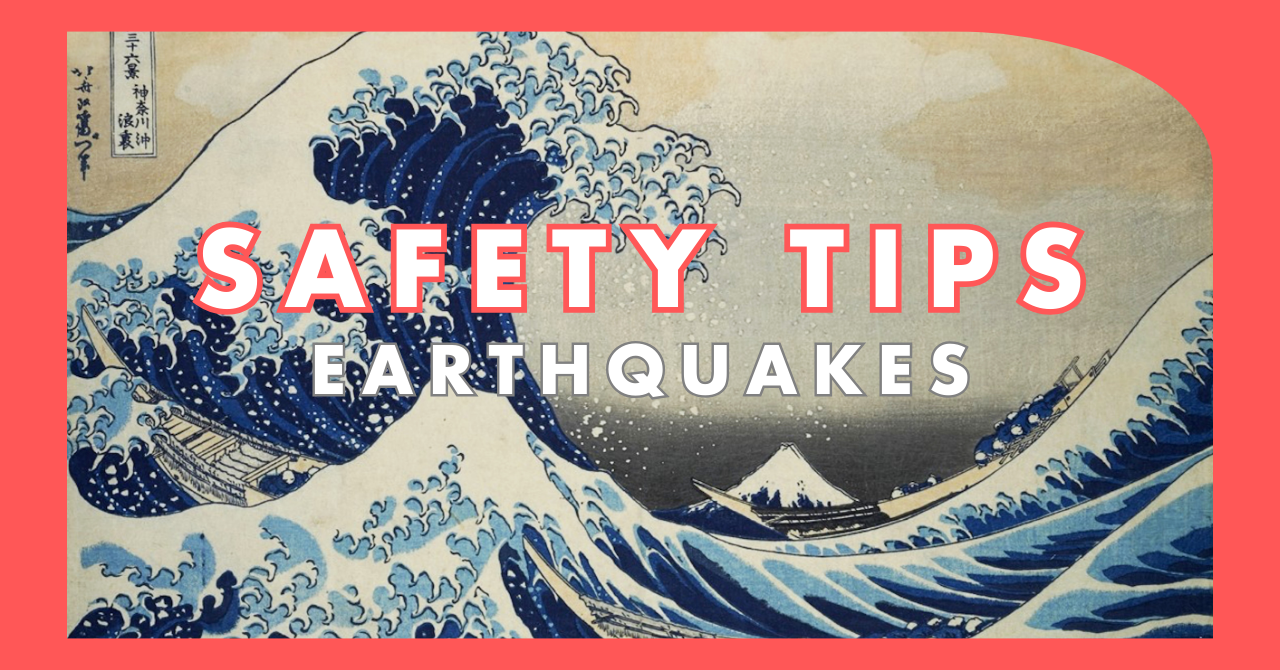September 1 is disaster prevention day in Japan. On this day in 1923, the Great Kanto Earthquake devastated Greater Tokyo area. Massive drills are held in many schools, local governments and public transportation. In order to prepare for unexpected disasters, many office buildings and commercial facilities conduct emergency drills regularly and keep improving their evacuation plans and be responsive.
What should you do in case of an earthquake?
1-2 minutes
The first thing to do is to protect yourself. When you feel a tremor, keep your body low and protect your head by getting under a sturdy desk or table, and try not to move. Watch out for falling furniture and objects.
3 minutes
After the shaking stops, call out to family/friends and those close to you to make sure they are safe.
Check the safety of your surroundings. Stay away from big furnitures or windows.
5 minutes
Check the information from reliable source such as Earthquake Information (Japan) | NHK WORLD-JAPAN News and information source below.
Prepare for your evacuation. Take the valuables such as your passport with you. If you are in a coastal area, don’t wait for an official tsunami evacuation. Head to higher ground.
10 minutes
Evacuate if there is a risk of building collapse but never use elevators.
In many cases, if you are in a sturdy building, it is safer to stay inside. If you are in your hotel, a shop or a station, follow the instructions of the staff.
Please note that aftershocks are likely to occur after major earthquakes.
Be prepared to evacuate for a while.
【Reliable Information Sources】
Japan Meteorological Agency | Earthquake information (jma.go.jp)
Earthquake Early Warnings
When the Japan Meteorological Agency (JMA) predict an earthquake, it issues advance warnings as quickly as possible to provide all areas in Japan estimated arrival times and seismic intensities.
The Earthquake Early Warning alarm, along with special sound, is broadcasted on TV, radio, cell phones, and smartphones.
When you see or hear an Earthquake Early Warning alarm, remain calm and ensure your safety first depending on the situation.
Tsunami Warnings
If the JMA predict a tsunami, it issues a tsunami warning approximately three minutes after an earthquake.
When there is a strong tremor or weak but long-lasting tremor, you should start evacuating to a more elevated place. It can be high buildings. Remain in a safe location until the Tsunami Warning is cancelled because tsunamis strike repeatedly over a long period. (depending on the situation, it may take quite a long time until the tsunami reaches near you.)



Comments